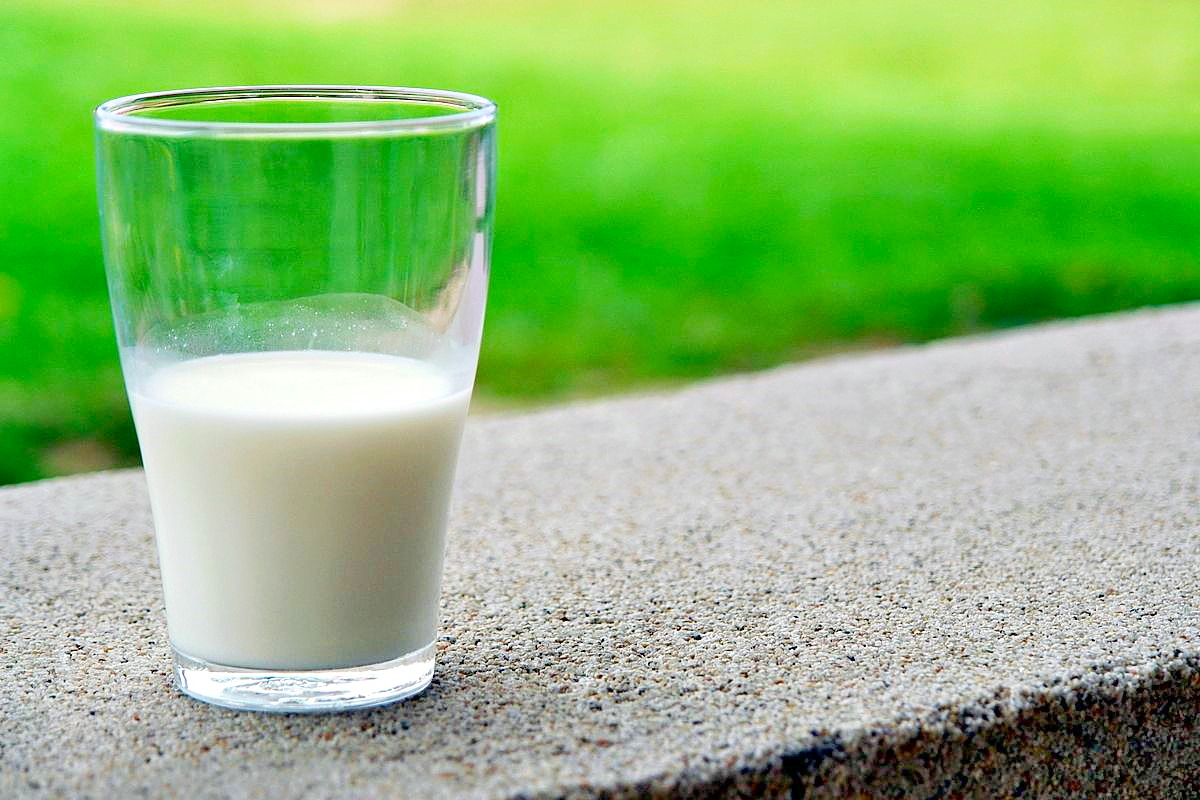Milk, a staple in many households around the world, has long been touted for its nutritional benefits. However, an emerging body of research is raising concerns about a potential link between milk consumption and cancer. This controversial issue has sparked heated debates within the scientific community and beyond. In this comprehensive article, we delve into the complex relationship between milk and cancer, examining the scientific evidence and exploring the potential implications for public health. 🔬🥛🧪
A Closer Look at the Evidence 🔍🥛🧬
Several studies have pointed to a possible connection between milk consumption and increased cancer risk, particularly for certain types of cancers. One of the primary concerns revolves around the presence of hormones, such as insulin-like growth factor-1 (IGF-1), in cow’s milk. These hormones are naturally occurring in cows and are thought to potentially promote the growth and proliferation of cancer cells. 🐄💉⚠️
Additionally, milk contains other compounds that have been linked to cancer development. For instance, certain milk proteins, such as casein, may contribute to the formation of carcinogenic compounds during digestion. Researchers have also investigated the potential role of lactose, the natural sugar found in milk, in fueling the growth of cancer cells. 🍼🧪⚠️
It’s important to note that the evidence is not conclusive, and the scientific community remains divided on the strength and significance of these findings. Some studies have failed to establish a clear causal relationship between milk consumption and cancer risk, further muddying the waters. 🤷♀️🤷♂️
The Prostate Cancer Connection 👨🔬🥛🧬
One area of particular concern is the potential link between milk consumption and prostate cancer risk. Several epidemiological studies have suggested that men who consume higher amounts of dairy products, particularly milk, may have an increased risk of developing prostate cancer. 🥛👨🦳⚠️
The proposed mechanisms behind this association involve the hormones and growth factors present in milk, as well as the potential for certain milk components to promote inflammation and oxidative stress, both of which are implicated in cancer development. 🔥💥
However, it’s crucial to acknowledge that the evidence is far from conclusive, and conflicting results have emerged from various studies. Some researchers argue that the observed associations might be influenced by other dietary or lifestyle factors, making it challenging to establish a direct causal link. 🧐🔍
The Dairy Industry’s Response 🐄🗣️
Unsurprisingly, the dairy industry has been vocal in defending the safety and nutritional value of milk. Industry representatives often cite the lack of conclusive evidence and highlight the potential confounding factors that could influence the observed associations. 🥛🗯️
They argue that milk is a rich source of essential nutrients, such as calcium, protein, and vitamins, which are vital for overall health. Additionally, they emphasize the importance of considering the totality of an individual’s diet and lifestyle, rather than singling out one particular food item. 🍽️🥗
The Ongoing Debate and Future Research 🔭🧪🥛
The debate surrounding the link between milk and cancer continues to rage on, with scientists and healthcare professionals weighing in on both sides of the argument. While some advocate for moderation or even elimination of milk from the diet as a precautionary measure, others argue that the benefits of milk outweigh the potential risks. 🤔💭
As with any scientific inquiry, more research is needed to unravel the complexities of this issue. Future studies may focus on exploring the potential mechanisms underlying the observed associations, investigating the impact of different types of milk (e.g., organic, non-homogenized), and examining the role of individual milk components. 🔬🥛🧪
Additionally, ongoing research may shed light on potential genetic or lifestyle factors that could influence an individual’s susceptibility to the purported effects of milk on cancer risk. 🧬👥
A Balanced Approach and Informed Decisions 🌿⚖️🥛
Amidst the ongoing debate, it’s crucial for individuals to make informed decisions about their dietary choices. While some may choose to limit or eliminate milk consumption as a precautionary measure, others may opt to continue consuming milk in moderation while maintaining a balanced and varied diet. 🥛🥗🍎
Consulting with healthcare professionals, such as registered dietitians or physicians, can provide personalized guidance based on an individual’s unique health profile and risk factors. Additionally, staying up-to-date with the latest scientific developments and considering credible sources of information are essential in navigating this complex issue. 👩⚕️👨⚕️📚
Ultimately, the relationship between milk and cancer is a multifaceted and evolving topic that requires continued research, open dialogue, and a balanced approach to address the potential risks and benefits. 🔬🗣️⚖️
Copyright © 2025 Hea1th.net

